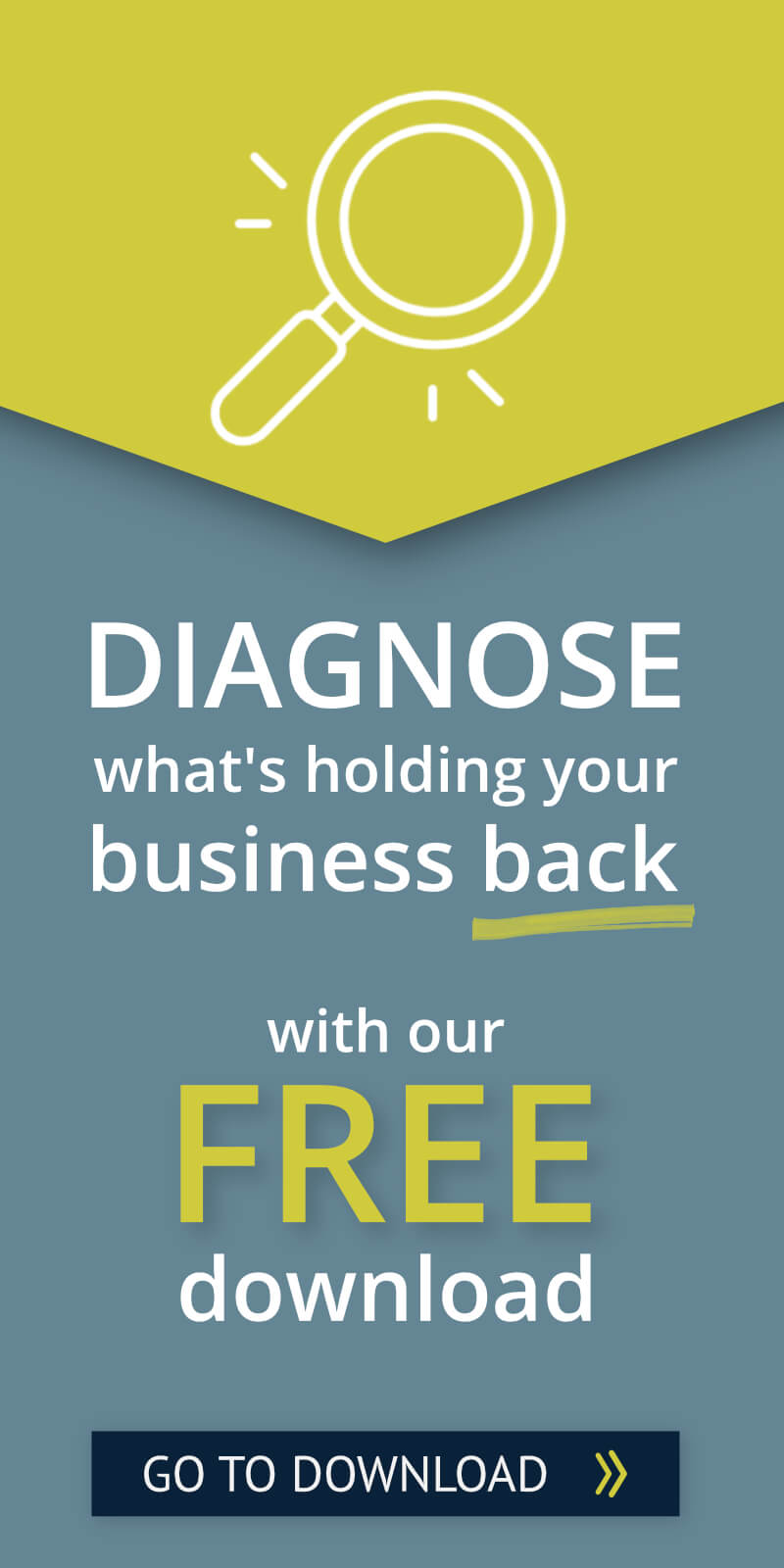As George Bernard Shaw once said, ‘The single biggest problem in communication is the illusion that it has taken place!’.
Whatever the communication method or reason, the aim is to respectfully transfer information and meaning, and ensure all parties reach a mutual understanding of what’s been communicated.
There are many things that can get in the way of effective communication within a business; employee age differences, cultural differences, past experiences, ambitions, personal values, education levels, beliefs, biases, and the list goes on. Businesses that do communicate effectively experience higher sales, less staff turnover, higher team productivity, a better culture, and higher profitability.
There are two fundamental building blocks to effective communication, and I suggest you have these as core components of your staff training. The first is Personality Type training, and the second is Emotional Intelligence training.
Personality Type Training
DISC Advanced is a workplace behavioural profile tool, underpinned by an informative in-depth individual report. It provides detailed insight into your ‘type’ and understanding of why others behave the way they do. It is an enormously useful tool to improve engagement, communication, collaboration, delegation, motivation, and leadership, and helps to improve the quality and effectiveness of workplace relationships and reduce behavioural conflict. It can be used for recruitment, professional and personal development, sales coaching, team building, and leadership and management.
Emotional Intelligence Training
Emotions exist to keep us safe and secure by detecting danger, to bind us together socially, and motivate us to think, move, behave, and make decisions. IQ will only get us so far in life. High EQ (Emotional Intelligence) is usually the missing link for exceptional relationships, leadership, and performance. People with high EQ are self-aware, empathetic, genuine, have expansive reasoning, are resilient and empowering. They can communicate much more respectfully and effectively.
Communication and Profitability
If you want to develop an A Grade team that can drive profitability, it’s unlikely you’ll get it without everyone in your business understanding personality type differences, and emotional intelligence. These two things are the building blocks for effective communication.
Other significant factors which hinder effective communication (which in turn hinders culture development) either between employees, or between managers and employees are lack of trust, and fear (of many things including change and job security). If someone doesn’t trust you, they won’t respect you. If someone doesn’t respect you, they won’t be motivated by you. If they aren’t motivated by you, they won’t feel empowered. If they don’t feel empowered, they will not change their behaviour or performance. If they don’t change their behaviour or performance, it’s unlikely you will get the results you are looking for.
Effective leaders know that culture building, and profitability improvement are generally (not always) about empowerment, not accountability. The more we can empower, the less we have to hold people accountable. They are two sides of the same coin. The secret sauce of leadership is to know when and who to empower because it differs by personality type, capability, and experience. For example, on the DISC profile, ‘Dominant’ individuals generally love to be empowered where-as ‘Steady’ individuals may feel uneasy or stressed if given more authority and responsibility. The trick is to ensure you know who to empower and when.
Even with empowerment there still needs to be checks and balances in place to ensure authority levels are not being over-stepped, and communication is filtering through to the required recipients. Don’t assume, we all know what that acronym stands for.
Be Human
We don’t need Bob Dylan to tell us ‘The times they are a-changin’. Pulling a decent profit result is more than ever now about being ‘human’, that is, learning the art of effective communication so as to create trust, reduce fear, and motivate your individuals out of respect so they become an A Grade team. I encourage you to seek out a greater understanding of personality types and emotional intelligence, the foundational building blocks for effective communication.

